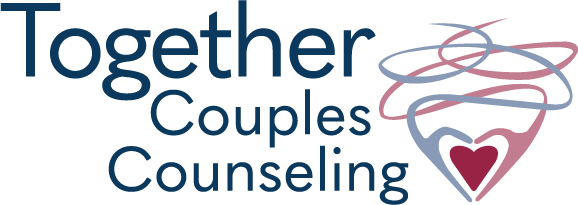For generations, many men were taught that emotions should be hidden or minimized. Phrases like “toughen up,” “don’t act like a girl,” or “real men don’t cry,” shaped how they related to their feelings. While these messages may have been intended to encourage strength, they often left men without the tools to process emotions in healthy ways. Emotional expression is not about becoming overly sensitive. Rather, it is about creating balance, building self-awareness, and strengthening relationships.
Why Emotional Expression Matters for Men
When emotions remain unspoken, they do not disappear. They can surface in other ways, like irritability, withdrawal, or physical symptoms like headaches or muscle tension. Over time, suppressing feelings can contribute to mental health concerns such as depression, anxiety, or chronic stress.
It’s not that men don’t feel emotions, it’s usually that they never learned how to recognize and name the emotion they are feeling. Further, if someone didn’t learn what they are feeling, it’s nearly impossible for that person to learn how to manage those emotions in a healthy way.
Healthy emotional expression allows men to:
- Improve communication in personal and professional relationships
- Reduce stress by releasing built-up tension
- Strengthen resilience when facing life’s challenges
- Model emotional health for children, peers, and younger generations
Expressing emotions does not reduce masculinity; it reinforces authenticity. It means showing up as a whole person, not just the version society has said is acceptable.
Common Barriers to Emotional Expression
Men often face unique barriers when learning to express emotions:
- Cultural expectations that equate stoicism with strength
- Fear of judgment from others, especially male friends and family
- Lack of practice because emotional skills were never encouraged or taught (this starts early on with how we handle young boys’ emotions)
- Belief that emotions equal weakness rather than seeing them as a source of insight
Recognizing these barriers is an important step. It shifts the focus from “I am bad at this” to “I have not yet been given the tools for this.”
How to Start Practicing Emotional Expression
Developing this skill is similar to building muscle; it takes consistency, patience, and the right approach. Here are some ideas on how to begin:
- Identify and name emotions. Start with a simple daily check-in. Use an emotion wheel or list to find specific words that match what you feel. Moving beyond “fine” or “angry” helps you connect with deeper experiences.
- Write it out. Journaling provides a private space to explore feelings without the pressure of someone else’s reaction. It can also help you track patterns over time.
- Use “I” statements. When talking to someone, use language like “I feel frustrated when…” instead of “You make me angry.” This reduces defensiveness and keeps the focus on your experience.
- Pair emotions with physical sensations. Noticing where feelings show up in the body, like a tight chest, clenched jaw, restless hands. This helps connect emotions to the mind-body experience.
- Practice emotional expression. Do this with trusted friends, support groups, or a therapist that provides an environment where emotional sharing is met with respect, not judgment.
The Role of Therapy in Emotional Growth
Therapy offers a structured way to explore emotions, challenge limiting beliefs, and learn communication skills that support healthy relationships. For men, this often means unlearning outdated ideas about masculinity while developing practical tools for connection.
Relational Life Therapy, in particular, is designed to help men understand the role emotions play in relationships and to strengthen skills for expressing them constructively. It focuses on balancing self-awareness with accountability, creating healthier dynamics at home, at work, and within oneself.
If you are ready to move beyond outdated ideas about emotional expression, therapy can be the bridge to living with greater authenticity and connection. Consider working with a therapist trained in Relational Life Counseling for men to begin building a healthier, more emotionally aware version of yourself.






